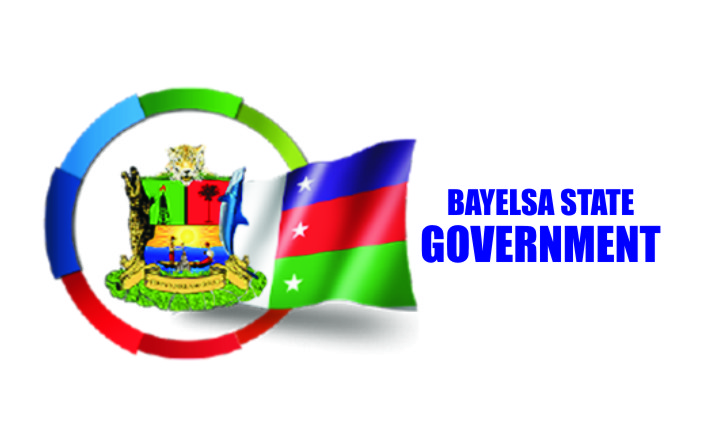Niger Delta
Bayelsa Decries Poor Reading Culture

The Bayelsa State Government has again expressed worries over what it describes as ‘poor reading culture’ amongst students of the state origin.
Retiring permanent secretary of the state Ministry of Education, Comrade Walton Liverpool relayed the government’s concerns to journalists at the separate launch of two books, ‘Dirty Brooms’ and ‘Frontlines’ in Yenagoa.
He said though the internet was a veritable means of study and research, its advent had gradually eroded away reading culture amongst students.
Liverpool added that books were not only meant to be read, but still remained the best materials for research as well as the most acceptable means of information gathering.
The books, ‘Dirty Brooms’ and ‘Frontlines’, The Tide source reports were a collection of Poems based on contemporary happenings in and around Nigeria as well as a biography of the retiring permanent secretary respectively.
Speaking at the launching of ‘Dirty Brooms’ the reviewer and State chairman, Association of Nigerian Authors (ANA), doubling as Registrar, Bayelsa Medical University, Dr. Akpos Adesi described it as a master piece for lovers of literary works.
He advised stakeholders in the education sector to include it in the curriculum for all levels of schools in the state.
Adesi commended the author for his good work, stressing that poems contained in the collection would serve as history for posterity.
In an interview with journalists shortly after the launching, the author of ‘Dirty Brooms’ and broadcast journalist with the state own Gloryland Television Station, Mr Amatari Mozimo said the book as its name implies was not targeted at any person nor organisation in the nation.
He emphasised that contemporary issues in Nigeria were rather given a poetic interpretation in it, noting that it was a literary view of the society in general.
The Tide further learnt that while ‘Dirty Brooms was solely authored by Mr Amatari Mozimo, the second book, ‘Frontlines’ was co-authored by Mozimo and Mr Inebraton Preye, a fellow journalist with the state own Gloryland Television.
Ariwera Ibibo-Howells, Yenagoa
Niger Delta
Court Declares DESTMA Activities Unconstitutional

Niger Delta
COAS Praises Bayelsa On Military Welfare … As Diri Hands Over Residential Quarters To Army Chief

Niger Delta
Eno Inaugurates Committees On TSA, International Airport Status

-

 Politics5 days ago
Politics5 days agoEFCC Alleges Blackmail Plot By Opposition Politicians
-
Business5 days ago
AFAN Unveils Plans To Boost Food Production In 2026
-

 Sports5 days ago
Sports5 days agoJ And T Dynasty Set To Move Players To Europe
-
Business5 days ago
Industrialism, Agriculture To End Food Imports, ex-AfDB Adviser Tells FG
-
Business5 days ago
Cashew Industry Can Generate $10bn Annually- Association
-

 Entertainment5 days ago
Entertainment5 days agoAdekunle Gold, Simi Welcome Twin Babies
-

 Entertainment5 days ago
Entertainment5 days agoFunke Akindele’s Behind The Scenes Crosses ?1.77bn
-
Rivers5 days ago
Rivers Police Commissioner Condemns Vigilante Group Over Aluu Attack

